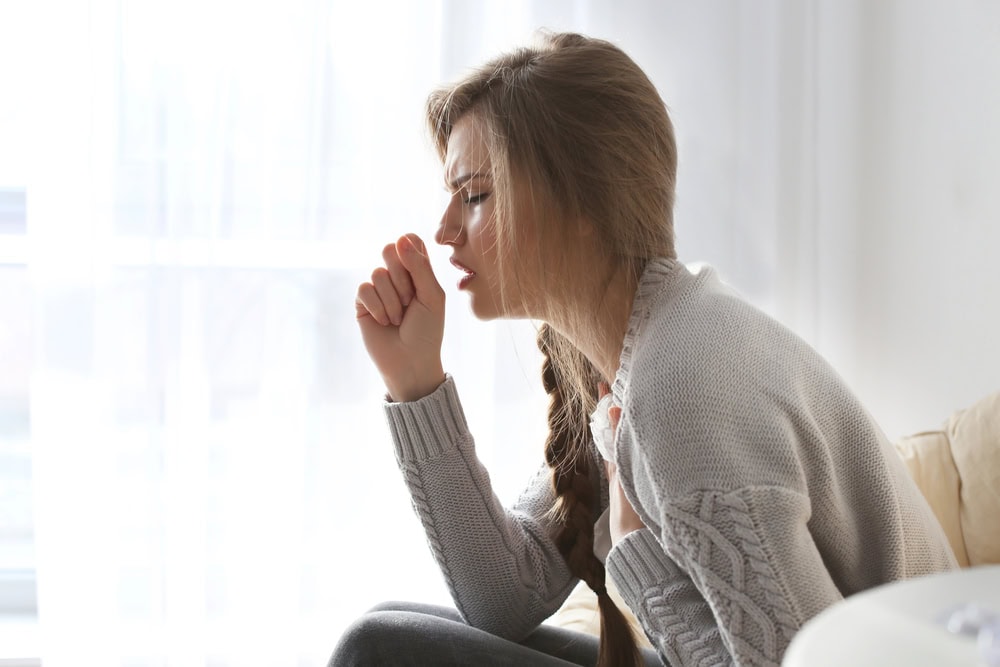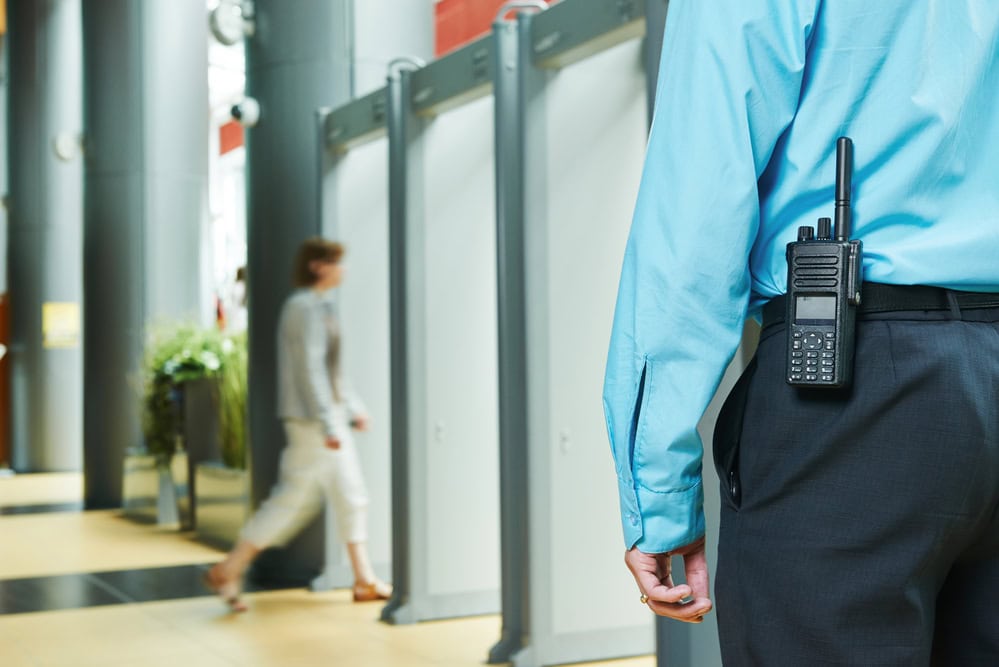Irritating pollen: How pollen can trigger symptoms even in people without allergies
Springtime is hay fever season. So it's easy to think of hay fever when sneezing and a runny nose occur. However, such symptoms are not always actually caused by a pollen allergy.

Spring not only brings sunny days and blooming nature, but also a large amount of pollen. And this doesn't just affect people with a pollen allergy: people without known allergies can also be affected by the spring pollen storm: a non-allergic cold, also known as non-allergic rhinitis, can occur in anyone, regardless of an allergy. Pollen can also weaken the immune system, making some people more susceptible to viral infections and exacerbating symptoms in asthma sufferers.
What are the causes?
A non-allergic cold is usually a reaction to environmental factors, such as dust, temperature changes or pollen. The tiny pollen grains are easily inhaled and enter the respiratory tract. Once they get there, they can cause irritation, leading to unpleasant symptoms.
What are the symptoms?
One of the most common reactions to pollen, which can occur even without a pollen allergy, is irritation of the airways. Pollen can trigger coughing, sneezing and irritated airways. The eyes are also susceptible: they can become red and watery when they come into contact with the small particles. A large amount of pollen in particular can cause irritation of the conjunctiva.
How can non-allergic rhinitis and a pollen allergy be distinguished?
As the symptoms are very similar, it is difficult to determine which form of rhinitis someone is suffering from. In the case of persistent rhinitis with a blocked nose, sneezing, runny nose or itching, we always advise those affected to seek medical clarification. Using skin or blood tests, the family doctor or allergist can find out whether it is a pollen allergy and which allergens trigger the symptoms.
What else can those affected do?
To minimize the effects of pollen, the following measures can also help people without pollen allergies:
- Keep windows and doors closed on days when there is a lot of pollen in the air.
- Avoid outdoor activities on windy days when pollen concentrations are high.
- Wear sunglasses outside.
- Follow the pollen count in real time with the Pollen News App and adapt your leisure activities if possible.
- Ask your pharmacy for advice on how to treat your symptoms
Source: Allergy Center Switzerland









